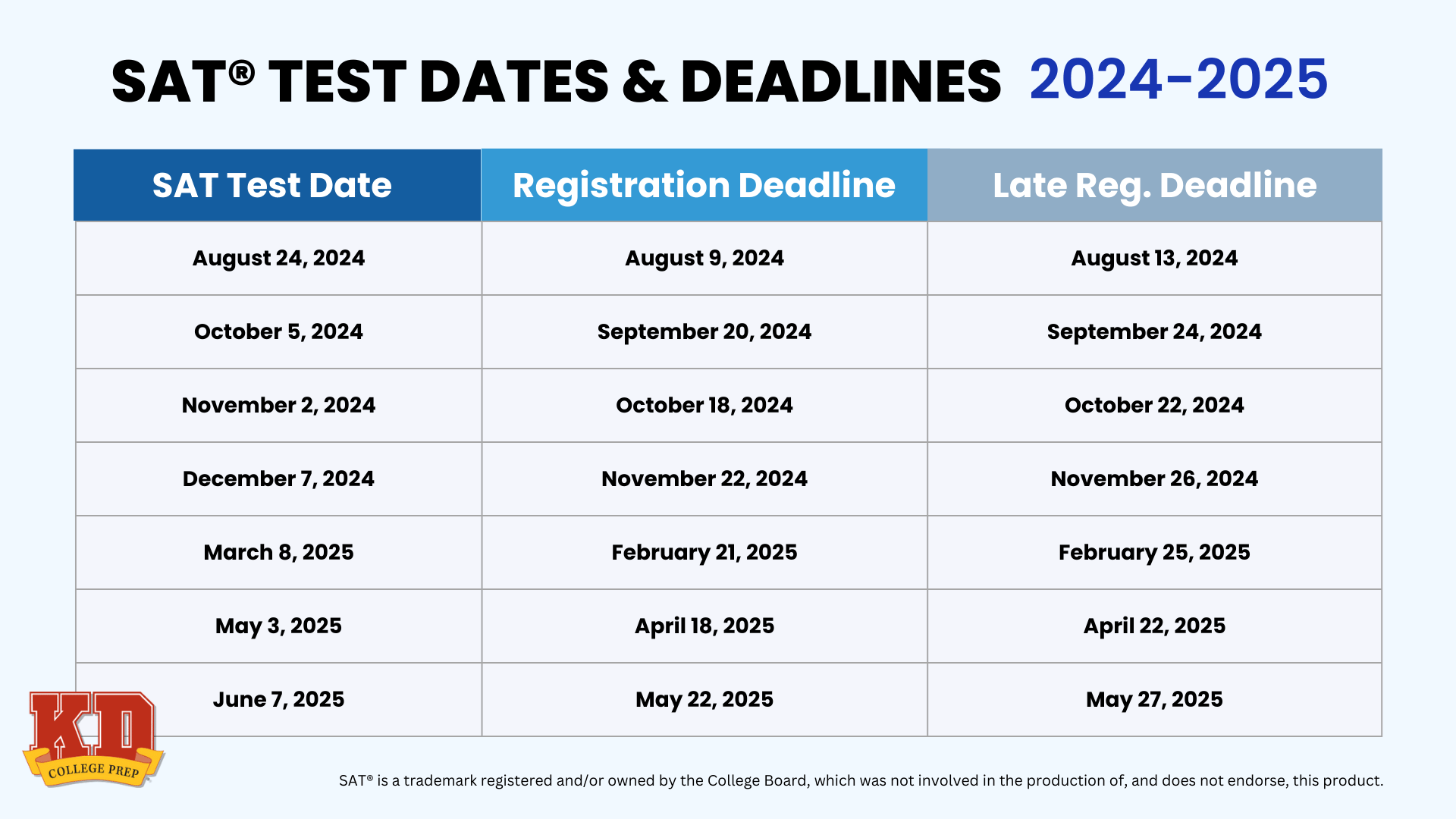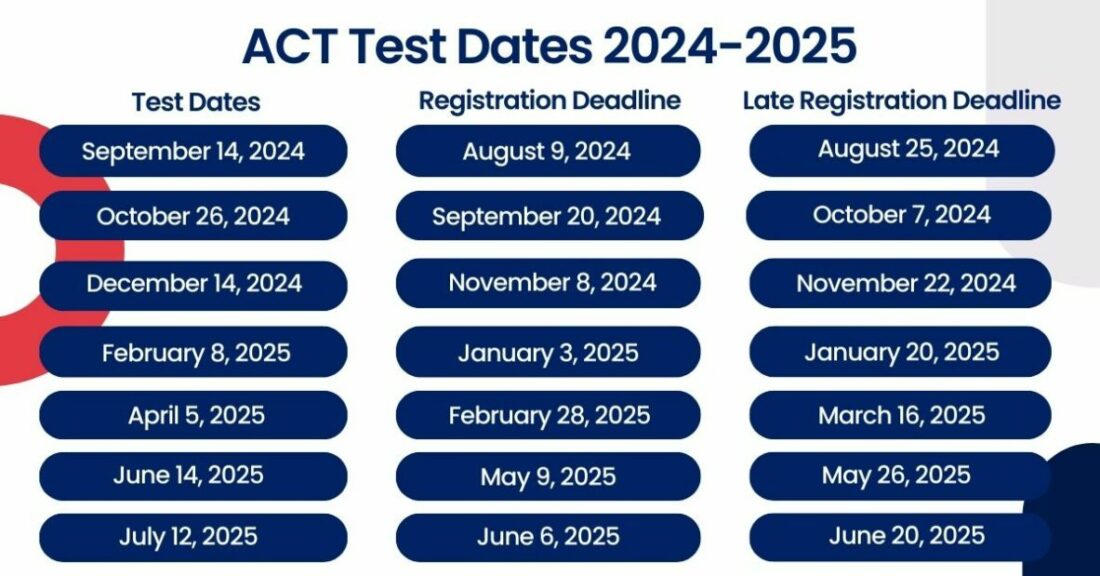Counselor Page
Schedule Load Regulations & Students Grade Classification
The purpose of this guide is to provide students and their parents with a means to help prepare for their high school education. We have tried to provide as much information as possible in an easy to use format, and hope that you will be able to find answers to your questions. We want you to understand that we aim to unlock the full potential of every student and hope that they will become life-long learners as a result of their educational experiences. It is our mission at IAHS to encourage students to take advantage of as many opportunities as possible rather than take the bare minimum and "just get by." Please note the difference in requirements for admission to a four-year university versus admission to a community college.
THE IMPORTANCE OF SCHOOL RECORDS
Students, your progress in high school will play a large part in determining which path you take afterward. Most employers and all colleges require that a copy of your high school transcript be sent when you apply to college or for a job. Your grades are the first things they see to get an impression of whether or not they think you will "make the cut." Your high school record is a very good predictor of your future success. It stands to reason that the student who has developed good study habits in high school will carry these good habits over to college or work. Therefore, your coursework and efforts in high school set the stage for your future endeavors, so choose them carefully and with much thought.
CAREER COUNSELING
IAHS and the Itawamba County Career and Technical Center have counselors and programs to aid students in their pursuit of career choice.
CAREER DECISION MAKING
Career decision-making is a process, not an event that occurs at a given time. Your future career will be influenced by the events that occur beginning in pre-school years and continue through all of your adult life. Here are some ways in which you can more accurately ensure positive career development:
1. Ask yourself often, "What will my career be as an adult?"
2. Begin now to consider details of a particular career or careers.
3. Include alternate career choices in your consideration.
4. Ask your parents for their opinions or hopes for your career.
5. Question your parents about their work.
6. Talk to adults you know about their jobs.
7. Explore your hobbies as a possible career choice, but be REALISTIC.
8. Realize that your schoolwork is related to future jobs you'll have.
9. Talk with teachers and your counselor about your career plans.
10. Go into the Career Center.
The purpose of this guide is to provide students and their parents with a means to help prepare for their high school education. We have tried to provide as much information as possible in an easy to use format, and hope that you will be able to find answers to your questions. We want you to understand that we aim to unlock the full potential of every student and hope that they will become life-long learners as a result of their educational experiences. It is our mission at IAHS to encourage students to take advantage of as many opportunities as possible rather than take the bare minimum and "just get by." Please note the difference in requirements for admission to a four-year university versus admission to a community college.
THE IMPORTANCE OF SCHOOL RECORDS
Students, your progress in high school will play a large part in determining which path you take afterward. Most employers and all colleges require that a copy of your high school transcript be sent when you apply to college or for a job. Your grades are the first things they see to get an impression of whether or not they think you will "make the cut." Your high school record is a very good predictor of your future success. It stands to reason that the student who has developed good study habits in high school will carry these good habits over to college or work. Therefore, your coursework and efforts in high school set the stage for your future endeavors, so choose them carefully and with much thought.
CAREER COUNSELING
IAHS and the Itawamba County Career and Technical Center have counselors and programs to aid students in their pursuit of career choice.
CAREER DECISION MAKING
Career decision-making is a process, not an event that occurs at a given time. Your future career will be influenced by the events that occur beginning in pre-school years and continue through all of your adult life. Here are some ways in which you can more accurately ensure positive career development:
1. Ask yourself often, "What will my career be as an adult?"
2. Begin now to consider details of a particular career or careers.
3. Include alternate career choices in your consideration.
4. Ask your parents for their opinions or hopes for your career.
5. Question your parents about their work.
6. Talk to adults you know about their jobs.
7. Explore your hobbies as a possible career choice, but be REALISTIC.
8. Realize that your schoolwork is related to future jobs you'll have.
9. Talk with teachers and your counselor about your career plans.
10. Go into the Career Center.
Scholarships Information
Scholarships
Scholarship Search Sites
ACT & SAT Information


